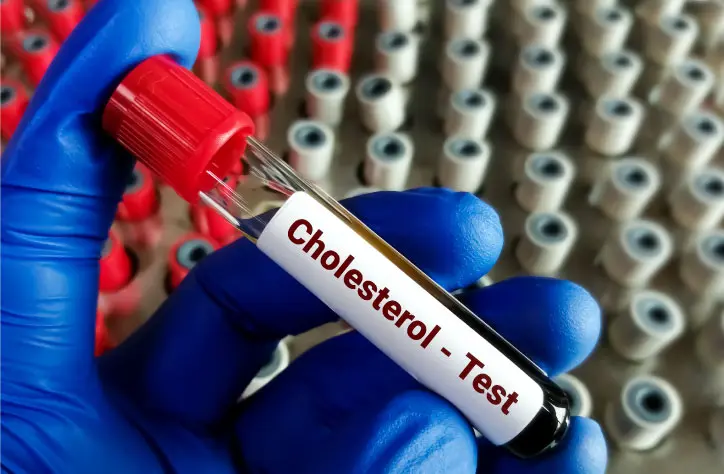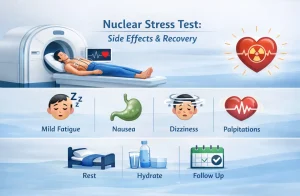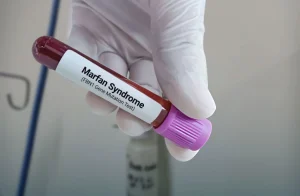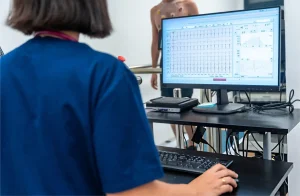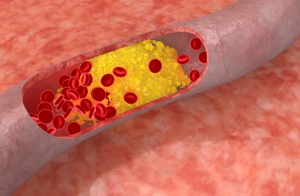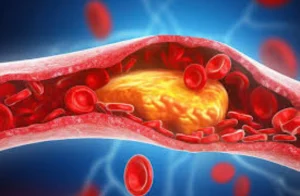Ever wonder why that persistent headache won’t quit? You’ve tried everything—rest, hydration, over-the-counter pain relievers—but still, the throbbing persists. Could it be something more than stress or lack of sleep? Could your cholesterol levels be the unexpected culprit?
While most of us associate high cholesterol with heart health. Research is currently being conducted to explore the surprising connection between high cholesterol levels and the pounding headache or migraine you are experiencing.
Join us as we explore the connection between high cholesterol and headaches. We’ll look into why high cholesterol might cause headaches and share tips on how you can improve your health and ease your pain. If you’ve been dealing with unexplained headaches, this article is for you.
Understanding What is High Cholesterol?
Before we explore the possible connection between high cholesterol and headaches, let’s revisit these basics. Cholesterol is a waxy, fat-like substance that’s essential for our bodies. It helps build healthy cells, produce hormones, and digest fats. However, too much of a good thing can become a problem.
High cholesterol, also known as hypercholesterolemia, occurs when you have an excess of cholesterol in your blood. This can happen due to various factors, including:
- Diet: Eating foods high in saturated and trans fats can increase your cholesterol levels.
- Genetics: Some people are genetically predisposed to having high cholesterol.
- Lack of Exercise: Physical inactivity can contribute to high cholesterol.
- Obesity: Being overweight or obese is a risk factor for high cholesterol.
- Other Medical Conditions: Certain medical conditions like diabetes and hypothyroidism can also raise cholesterol levels.
There are two main types of cholesterol you’ll often hear about:
- LDL Cholesterol (“Bad” Cholesterol): This is the type that can build up in your arteries, forming plaque that narrows and hardens the arteries. This buildup can restrict blood flow and increase the risk of heart disease, stroke, and other health problems.
- HDL Cholesterol (“Good” Cholesterol): This type helps remove LDL cholesterol from your arteries, essentially acting as a cleanup crew. High levels of HDL cholesterol are beneficial for your heart health.
Prevent heart problems before they start – Schedule a preventive checkup
Contact UsDoes High Cholesterol Cause Headache & Dizziness?
While high cholesterol itself doesn’t directly cause headaches or dizziness, it’s crucial to understand that it can contribute to conditions that do trigger these symptoms.
Atherosclerosis
This is the buildup of plaque (cholesterol deposits) in your arteries. If this buildup occurs in the arteries supplying blood to your brain, it can reduce blood flow and trigger dizziness or lightheadedness
Carotid Artery Disease
This is a specific type of atherosclerosis where plaque builds up in the carotid arteries, the major blood vessels in your neck that supply blood to your brain. Narrowing of these arteries can lead to dizziness, especially when you turn your head or change positions quickly
Stroke
In severe cases, high cholesterol can contribute to the formation of blood clots that can block blood flow to the brain, causing a stroke. Dizziness is a common symptom of stroke, along with other serious signs like sudden weakness or numbness on one side of the body, difficulty speaking, and vision problems.
What Study Suggests About High Cholesterol and Migraine?
The EVA study, a large-scale epidemiological investigation, investigated the potential link between high cholesterol and migraines. It examined the relationship between lipid levels (total cholesterol, triglycerides, LDL-C, HDL-C) and different types of headaches in elderly individuals.
The research was conducted using a cross-sectional study design, meaning it analyzed data at a specific point in time.
The study found a strong association between elevated levels of total cholesterol and triglycerides with migraine with aura. Participants with the highest levels of these lipids were more likely to have migraine with aura compared to those without severe headaches. No significant associations were observed between lipid levels and other headache groups (non-migraine headache or migraine without aura).
Can Cholesterol Headaches Be Controlled?
The good news is that cholesterol-related headaches, like most headaches, can often be managed and controlled. While the research on the direct link between high cholesterol and headaches is still ongoing, the steps you take to manage your cholesterol levels can often have a positive impact on headache frequency and severity.
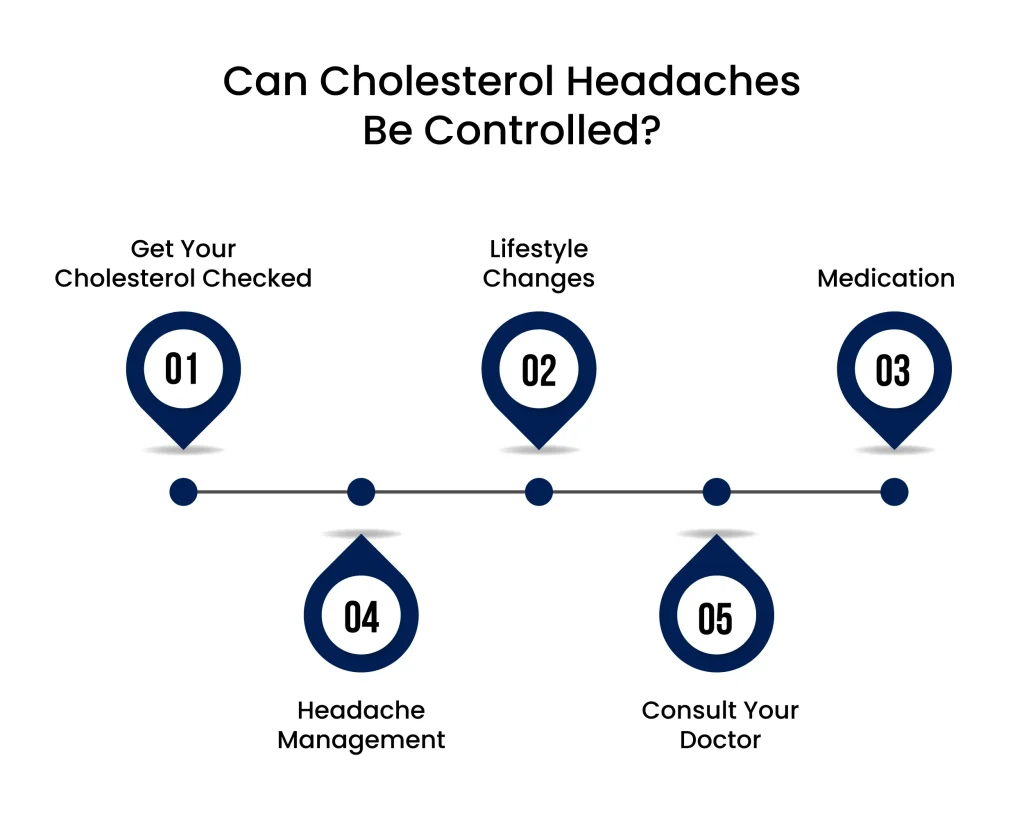
1. Get Your Cholesterol Checked
The first step is to know your numbers. A simple blood test can reveal your cholesterol levels, giving you and your doctor a clear picture of your risk. If your cholesterol is high, your doctor will work with you to develop a personalized plan.
2. Lifestyle Changes:
- Diet: Adopt a heart-healthy diet rich in fruits, vegetables, whole grains, and lean protein. Cut back on saturated and trans fats found in fried foods, fatty meats, and processed snacks.
- Exercise: Aim for at least 30 minutes of moderate-intensity exercise most days of the week. Exercise helps raise “good” HDL cholesterol and lower “bad” LDL cholesterol.
- Weight Management: If you’re overweight or obese, even a small amount of weight loss can significantly improve your cholesterol levels and potentially reduce headaches.
- Quit Smoking: Smoking damages your blood vessels and worsens cholesterol problems. Quitting can significantly improve your overall health and reduce headache risk.
3. Medication:
If lifestyle changes alone aren’t enough, your doctor may prescribe cholesterol-lowering medications like statins. These medications are effective in reducing LDL cholesterol and can have a positive impact on headache frequency for some individuals.
Prevent heart problems before they start – Schedule a preventive checkup
Contact Us4. Headache Management:
- Over-the-Counter Pain Relievers: Over-the-counter pain relievers like ibuprofen or acetaminophen can help manage headache pain.
- Prescription Medications: For frequent or severe migraines, your doctor may prescribe specific migraine medications.
- Stress Management: Stress can be a trigger for headaches. Relaxation techniques like yoga, meditation, or deep breathing exercises may help.
- Sleep: Ensure you’re getting enough sleep, as sleep deprivation can trigger headaches.
5. Consult Your Doctor:
It’s crucial to work closely with your doctor to determine the best approach for managing both your cholesterol and your headaches. They can help you identify any underlying conditions, recommend appropriate lifestyle changes and medications, and monitor your progress.
Final Words
Remember, taking control of your cholesterol is a proactive step toward improving your overall health and potentially reducing the frequency and severity of your headaches. It’s a journey that requires commitment, but the rewards – a healthier heart, fewer headaches, and an improved quality of life – are well worth the effort.

